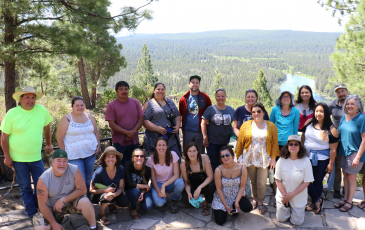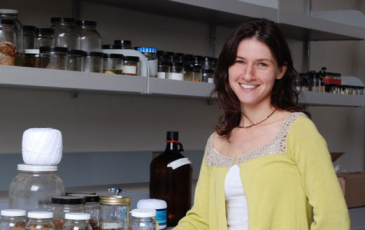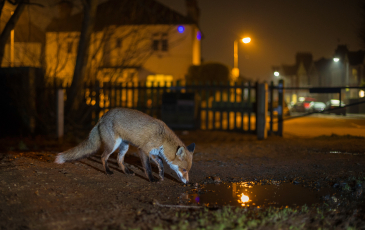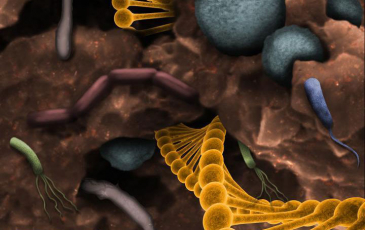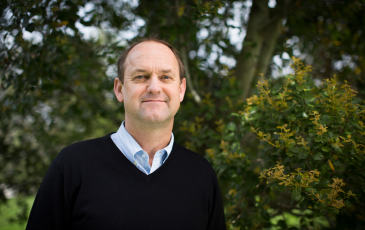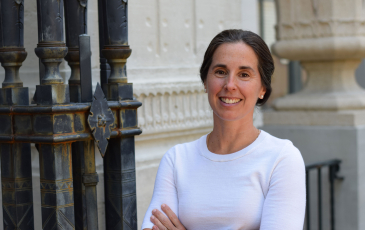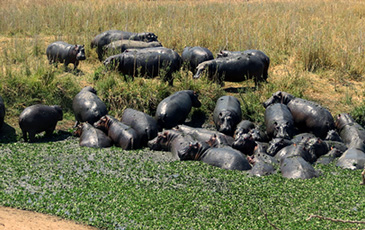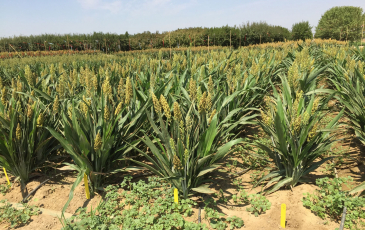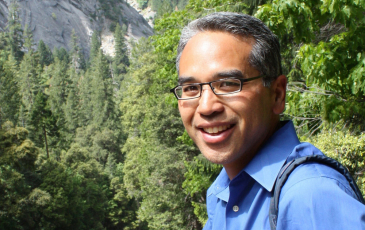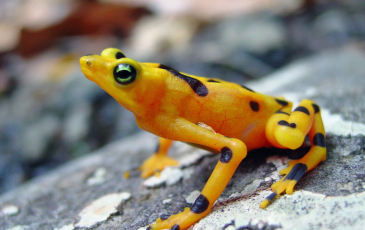College of Natural Resources congratulates faculty members who retired during the 2017-2018 academic year.
Warming climate will likely boost suicide rates worldwide
New research indicates that rising global temperatures may play a siginificant role in increased rates of suicide.
UC Berkeley, Karuk Tribe awarded USDA grant for collaborative research
The $1.2 million grant will help increase tribal ecosystem resilience in the face of climate change.
California’s cap-and-trade air quality benefits go mostly out of state
According to a new study, during the first three years of California’s 5-year-old cap-and-trade program, the bulk of the greenhouse gas reductions occurred out of state.
Preeminent toxicologist and pesticide expert John Casida dies at 88
The professor emeritus and Wolf Prize awardee was one of the world’s leading authorities on how pesticides work and how they can potentially harm humans.
Bree Rosenblum appointed Berkeley Connect director
Rosenblum will serve as faculty director of the campus-wide undergraduate professional development and community-building program.
New online course will make blockchain so clear ‘you can explain it to your grandma’
CNR undergraduate student Gloria Wang has co-created a blockchain course for the public.
Human disturbance creates a more nocturnal natural world
A new study published in Science finds that mammals are becoming more nocturnal in response to human activity.
Soil prospecting yields wealth of potential antibiotics
Using metagenomics, scientists discover hundreds of antibiotic-like genes in soil microbes.
CNR welcomes new dean
The College of Natural Resources has a new dean, plant ecologist and evolutionary biologist David Ackerly.
Fowlie appointed to Independent Emissions Market Advisory Committee
Governor Brown has selected Meredith Fowlie to join the five-member committee, which serves the California Environmental Protection Agency.
Closing coal, oil power plants leads to healthier babies
Shuttering coal- and oil-fired power plants lowers the rate of preterm births in neighboring communities and improves fertility, according to two new studies.
Hungry, Hungry Hippos
A new study finds that global change may alter the way that hippos shape the environment around them.
Student Spotlight: Sabrina Jones
Golden Bear Orientation Leader and Peer Advising Leader Sabrina Jones offers insight and advice for incoming Berkeley students.
Drought treatment restructures plants’ microbiomes
New research examines drought tolerance in sorghum—a finding that could help scientists develop crops that are more resistant to climate change.
Berkeley ecologist selected as a lead author for IPCC report
Associate Adjunct Professor Patrick Gonzalez will serve as a lead author on the IPCC's next major climate change assessment.
Some species of endangered frogs may be making a comeback
Research from the Rosenblum lab has found that populations of several Panamian frog species are slowly making a comeback against a deadly pathogen.
Study links eating out to increased phthalates exposure
New research suggests that restaurant meals lead to higher levels of plastic-based chemicals in the body.
Student Spotlight: Rebeka Ramangamihanta
The Master of Development Practice student tells us about her path from Madagascar to Berkeley, her passion for educational reform, and a recent internship in Ghana.
Automated electric taxis could deliver environmental benefits
A new study simulates a fleet of self-driving taxis in Manhattan.




